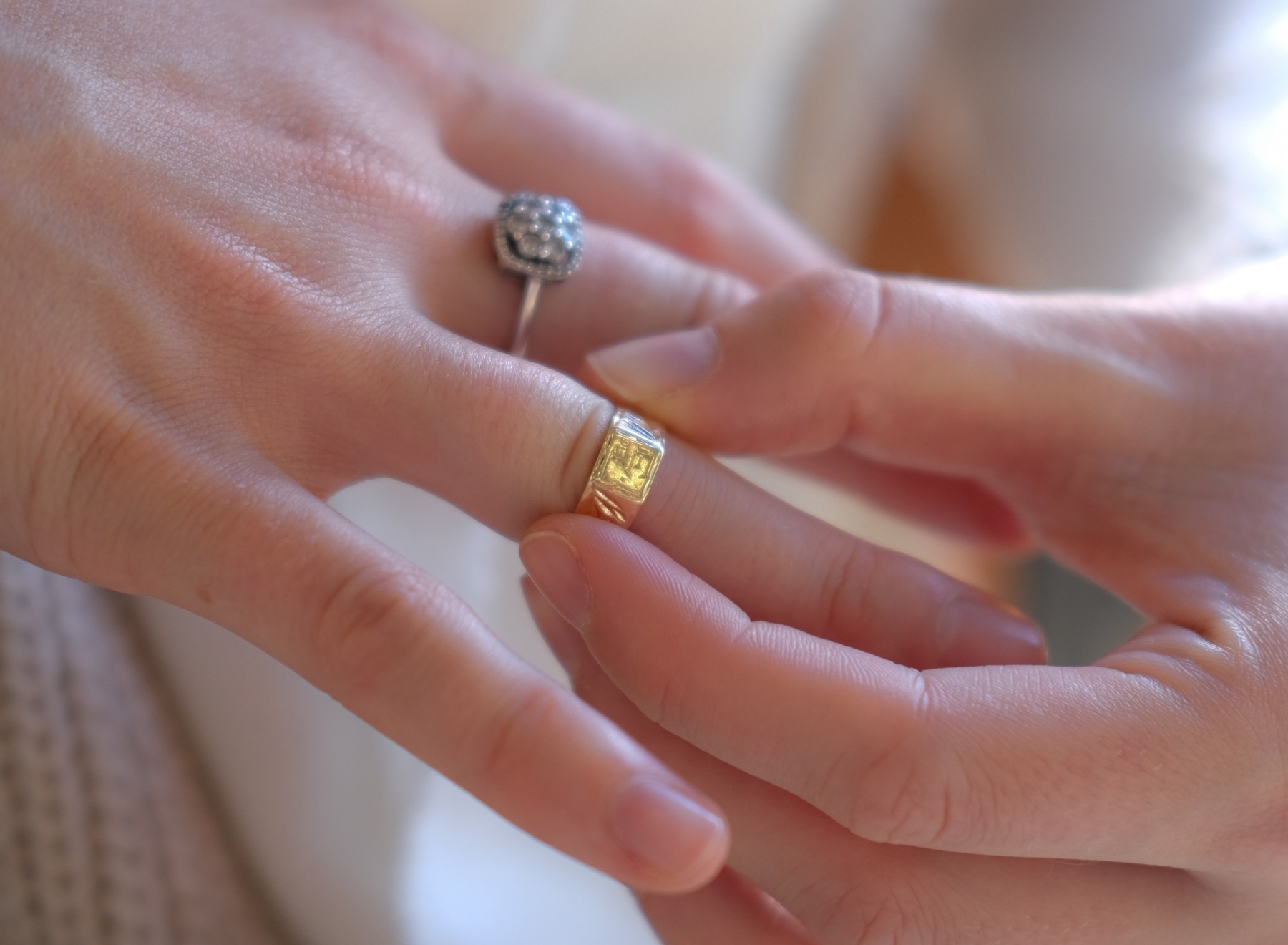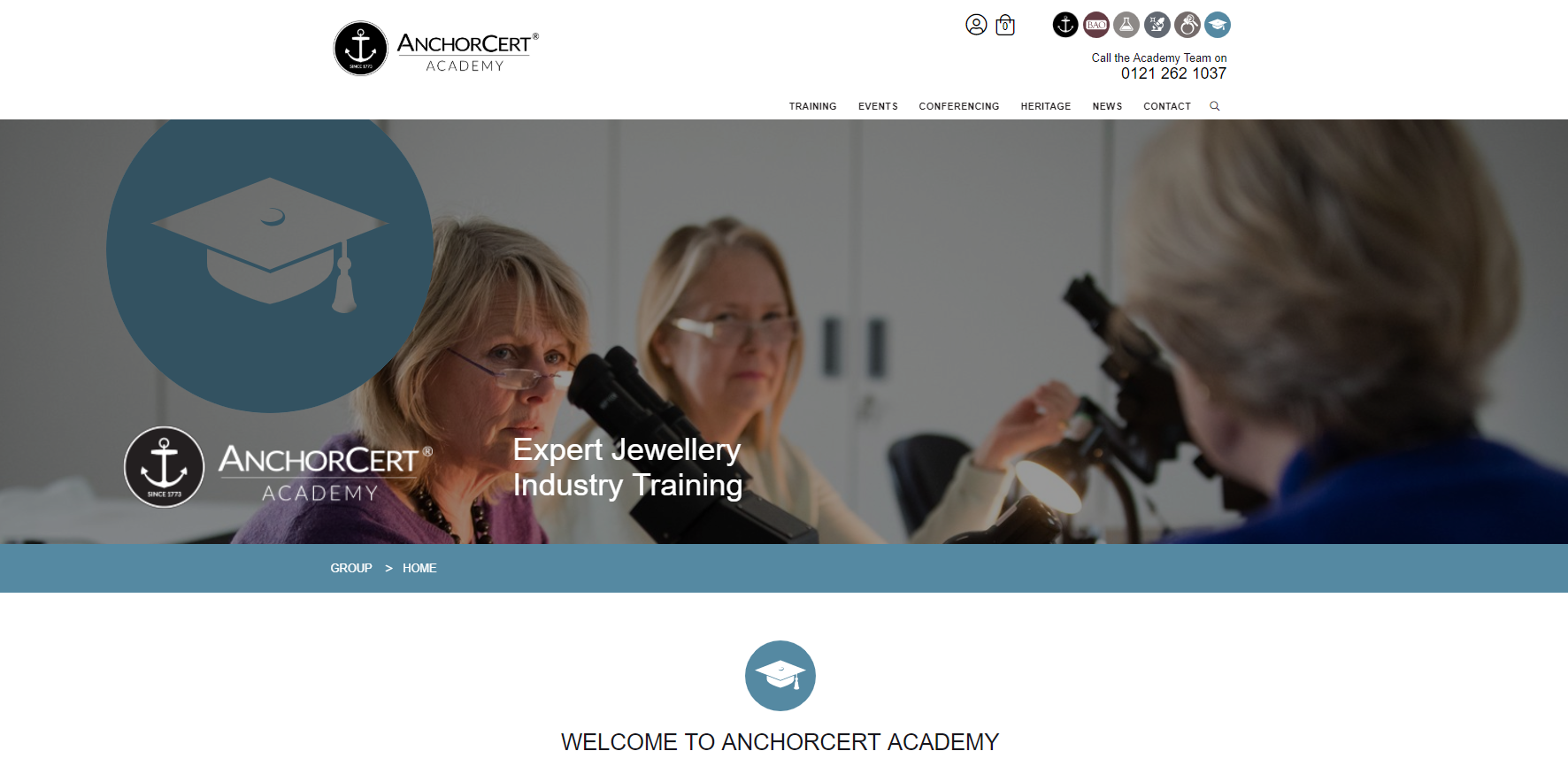Treatment of coloured stones to enhance their colour and clarity is a centuries -old practice. However, it appears to have taken on a new dimension in recent years, driven partly by advances in technology. Marie Chalmers DGA, FGA a tutor for the Education and Training division who delivers the âUnderstanding Coloured Gemstonesâ course at  Assay Office Birmingham explains more.
"To a qualified gemmologist a glass filled ruby is relatively easy to identify as it will have glass bubbles and flashes of blue light when examined under a 10 x loupe.
There are some key technological strides made in recent decades which have enabled more sophisticated treatments to be developed, but the demands of the market and issues in the supply chain have also created the need for antidote technologies which can fish out the offenders.
The ban on imports of Burmese rubies has been in place in the USA since 2008 due to concerns about human rights and employment issues. This has had an impact on the supply of high quality natural rubies and gemmologists and retailers throughout the world are particularly reporting an increase in the number of glass filled rubies that they are seeing.
The beauty of a ruby is all about its rich red colour and flawless clarity. However, natural high quality rubies are increasingly rare and it is accepted that most rubies will undergo heat treatment either when they are in the rough or after polishing, to improve their colour and quality. Treatment with compounds such as borax will heal natural cracks and fissures and significantly improve the overall look of the gemstone. These treatments are stable and do not affect the other physical properties of the stone and they are generally accepted now as common practice. The trade will always assume that all stones have been treated unless there is a lab report to prove otherwise. An independent report from a reputable gemmological lab authenticating a ruby as being natural and untreated will therefore enhance its value significantly.
GLASS-FILLED HONESTY
Inevitably technology has created new opportunities to both enhance natural stones and create more sophisticated synthetics. The most recent trend is in the proliferation of glass filled rubies which are now common-place, and in some cases the âRubyâ may be more glass than it is ruby. AnchorCert Gem Lab is seeing glass filled rubies every week and in some cases the amount of ruby is actually relatively small.
To a qualified gemmologist a glass filled ruby is relatively easy to identify as it will have glass bubbles and flashes of blue light when examined under a 10 x loupe. The AnchorCert team receive rubies for authentication on a regular basis. On some occasions these are from valuers or retailers who want an independent expert second opinion on a ruby that they suspect is glass filled so that they can value and describe it correctly. There is nothing dishonest about the product itself, the issue is all about disclosure rather than identification. There is a place in the market for glassâfilled rubies which are a valid option when disclosed and priced properly. But as with so many treatments, the buyer needs to beware.
 A glass filled ruby is clearly not worth the same as a natural one of the same apparent quality. In the past couple of years there have been regular reports of traders at international Jewellery Shows offering complete ranges of glass-filled rubies without reflecting the treatment either in the description nor in the price â obviously this is a very dishonest practice.
ANTIQUE JEWELLERY
The disclosure of glass filled rubies is not only an issue for retailers of new product. There are reports from America in particular of high quality natural rubies being removed from pieces of antique jewellery and replaced with new glass filled rubies. This creates a challenge for auction houses and, in particular valuers who may be misled by the apparent age of the item and overvalue it significantly if they do not pick up the tell tale signs of glass filling.
However, even a jeweller fully aware of what they are buying needs to be wary as glassâfilled rubies have an altered chemical makeup that makes them extremely vulnerable to damage. It is very easy to damage the stone in the course of carrying out normal repair work or cleaning and this can create major problems for the future.
The issue has taxed the Coloured Stone Commission of CIBJO who last year agreed that the Blue Book should be updated to accommodate the nomenclature for glass filled rubies. The Commission finally agreed that those rubies glass filled whilst still rough, so the material is essentially Ruby and Glass, should not be described as Ruby at all but as Manufactured/Composite material or product. Unfortunately this terminology is never likely to be used commercially but at least CIBJO have declared their position."
MARIE CHALMERS
Marie has an in depth knowledge of diamonds and her expertise is based on personal experience and commercial application of sound technical and theoretical knowledge. Marie has trained and worked in Antwerp, India, Israel and the UKâs diamond markets. She has bought and sold diamonds in various shapes and sizes, in large volumes and single items and in all colours and qualities.  Are your rubies natural? Do you have a report from an independent Lab to confirm authenticity? If you need help and advice with testing of your rubies contact AnchorCert Gem Lab today!T: 0871 423 7299  E: gem@theassayoffice.co.uk  W: ww.anchorcert.co.uk
Your item has been added to the basket
You need to create an account, or login before you can add this item to your basket.












